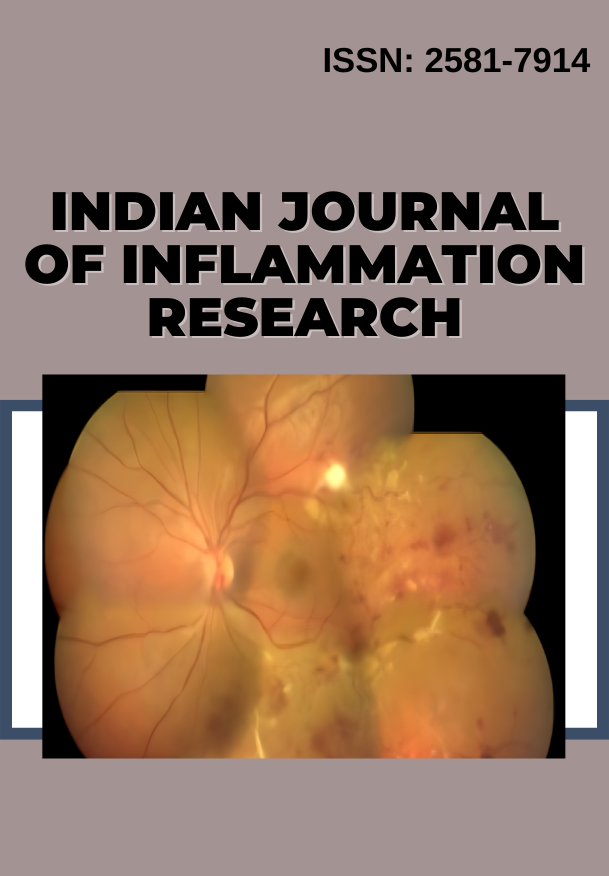High throughput screening identifies novel pharmacological inhibitors of interferon-gamma-induced nitric oxide production, alleviating ulcerative colitis and bacterial sepsis in mice
Keywords:
pharmacological inhibitors, nitric oxide production, alleviating ulcerative colitis, bacterial sepsis, IFN-γ, Mycobacterium tuberculosis, Salmonella TyphimuriumAbstract
Background: Interferon-gamma (IFN-γ) is a type II interferon primarily produced by T cells and natural killer cells. One of the key markers in IFN-γ signaling is the expression of NOS2 catalyzing the production of Nitric Oxide (NO). IFN-γ signaling and NO production combat infectious diseases like Mycobacterium tuberculosis and Salmonella Typhimurium infections. However, excessive IFN-γ-activated NO production is implicated in several inflammatory diseases, including ulcerative colitis, multiple sclerosis, systemic lupus erythematosus, and sepsis. Disease exacerbation in chronic inflammatory diseases is managed with steroidal medications; however, long-term use of corticosteroids often leads to unavoidable adverse effects. These problems necessitate identifying alternative non-steroidal anti-inflammatory drugs, potentially targeting IFN-γ-induced NO hyperproduction.

